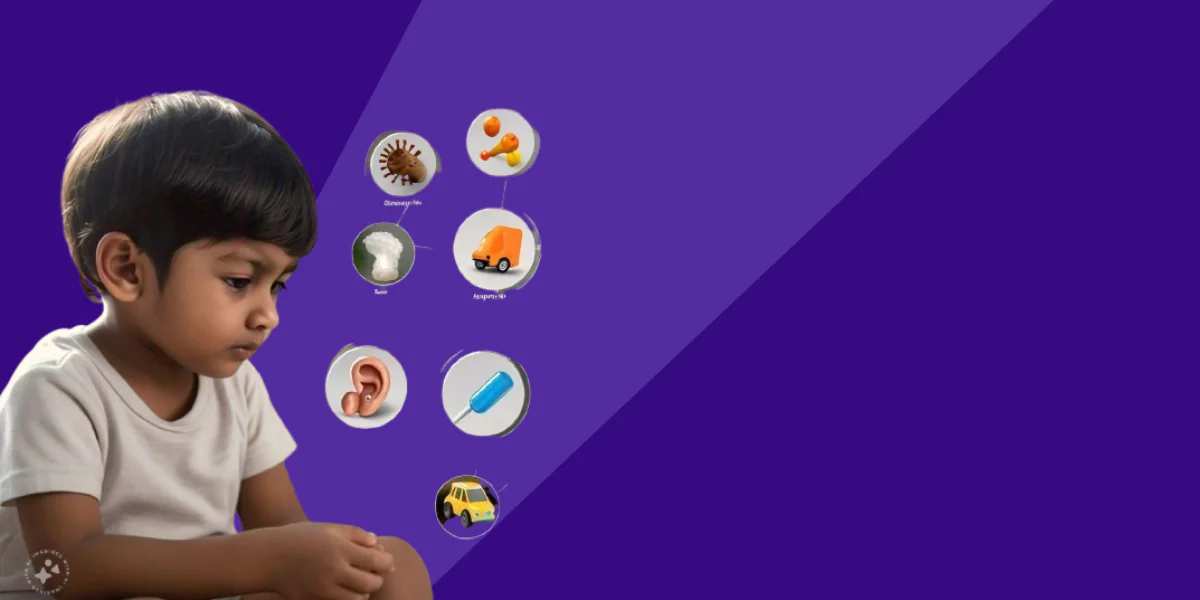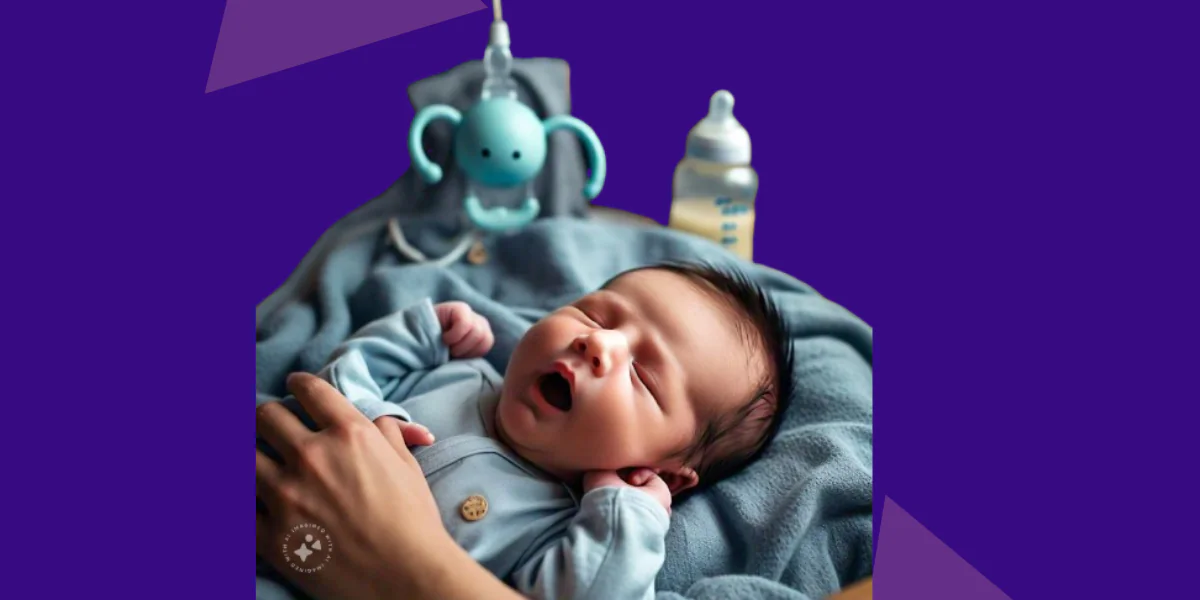Itchy ears in children may seem like a minor problem, but it can cause significant discomfort and lead to further issues if left untreated. Understanding the causes behind this common complaint is crucial for parents to ensure their children’s ear health. From environmental factors to infections, several reasons could be behind your child’s itchy ears. By identifying these causes early, you can take preventive steps to keep your child’s ears itch-free and healthy.
1. Allergies
One of the most common causes of itchy ears in children is allergies. Exposure to dust, pollen, pet dander, and mold can trigger an allergic reaction, leading to itching and inflammation in the ear canal. Allergies are often seasonal, but indoor allergens can cause symptoms year-round. When a child has itchy ears due to allergies, they may also experience sneezing, a runny nose, or itchy eyes.
What You Can Do:
Keeping your home clean and minimizing exposure to known allergens can help. Consider using air purifiers and regularly washing bedding to reduce dust accumulation. If the itchiness persists, consult with an allergist to explore further options such as antihistamines or allergy tests.
2. Earwax Buildup
Earwax, or cerumen, is a natural substance that helps protect the ears by trapping dust and dirt. However, too much earwax can lead to blockages, causing itching, discomfort, and even temporary hearing loss. Children are especially prone to this as they may use cotton swabs or their fingers to clean their ears, pushing the wax deeper into the canal.
What You Can Do:
Avoid using cotton swabs inside your child’s ears. Instead, encourage gentle cleaning of the outer ear with a damp cloth. If earwax buildup is significant, a visit to the doctor for safe removal is advisable.
3. Ear Infections
Ear infections, particularly otitis externa (outer ear infection) and otitis media (middle ear infection), are common in children and can cause intense itching. Otitis externa, also known as swimmer’s ear, occurs when bacteria infect the skin of the outer ear canal, often due to excess moisture. Otitis media typically results from a cold or respiratory infection, causing fluid buildup behind the eardrum, which leads to discomfort and itching.
What You Can Do:
If your child shows signs of ear infections like tugging at their ears, fever, or difficulty hearing, consult a pediatrician immediately. Treatment often includes antibiotics or ear drops, depending on the infection.
4. Dry Skin and Eczema
Dry skin or eczema around the ear can be another cause of itching. In such cases, the skin becomes flaky, red, and irritated, making children scratch their ears frequently. Eczema is more common in children who have a family history of allergic conditions, including asthma or hay fever.
What You Can Do:
Apply a mild, fragrance-free moisturizer to the affected area and avoid harsh soaps or shampoos. For severe cases, a dermatologist may recommend special creams to manage the condition.
5. Foreign Objects in the Ear
It’s not uncommon for young children to insert small objects, such as beads, food, or toys, into their ears. These foreign objects can cause irritation and itching and may also lead to infections if not promptly removed.
What You Can Do:
Always supervise your child during playtime and teach them that nothing should go into their ears. If an object is stuck, do not attempt to remove it yourself; visit a doctor for safe removal.
6. Swimmer’s Ear
Children who spend a lot of time in water are at risk of developing swimmer’s ear, which occurs when water remains trapped in the ear canal. This moisture creates a breeding ground for bacteria, leading to infections and itchiness.
What You Can Do:
After swimming, gently dry your child’s ears with a towel and encourage them to tilt their head to drain excess water. You can also use ear drops designed to prevent swimmer’s ear if your child frequently swims.
7. Use of Earphones and Earplugs
Extended use of earphones and earplugs can cause itching by trapping moisture or irritating the sensitive skin inside the ear canal. This problem is more common in older children and teenagers who frequently use earphones for music or gaming.
What You Can Do:
Limit your child’s use of earphones and ensure they clean their ears regularly. Opt for earphones that allow airflow and fit comfortably.
8. Preventive Measures for Itchy Ears
Maintaining good ear hygiene is essential to prevent itchy ears in children. Here are some practical tips:
- Clean the outer ears regularly but avoid inserting anything into the ear canal.
- Keep your child’s ears dry, especially after swimming or bathing.
- Manage allergies with the help of a healthcare provider to prevent itchy ears due to allergens.
- Ensure earphones and earplugs are used sparingly and cleaned regularly.
Conclusion
Itchy ears in children may be a symptom of something minor, like earwax buildup or allergies, but they can also signal more serious conditions like infections or foreign objects. Preventive care and early intervention are key to keeping your child’s ears healthy. Always consult a healthcare professional if symptoms persist or worsen.
Read also: Comprehensive Guide to Ear, Nose, and Throat Health
Medical Disclaimer: This article is for informational purposes only and is not a substitute for professional medical advice. Always consult with a healthcare provider for personalized recommendations.





